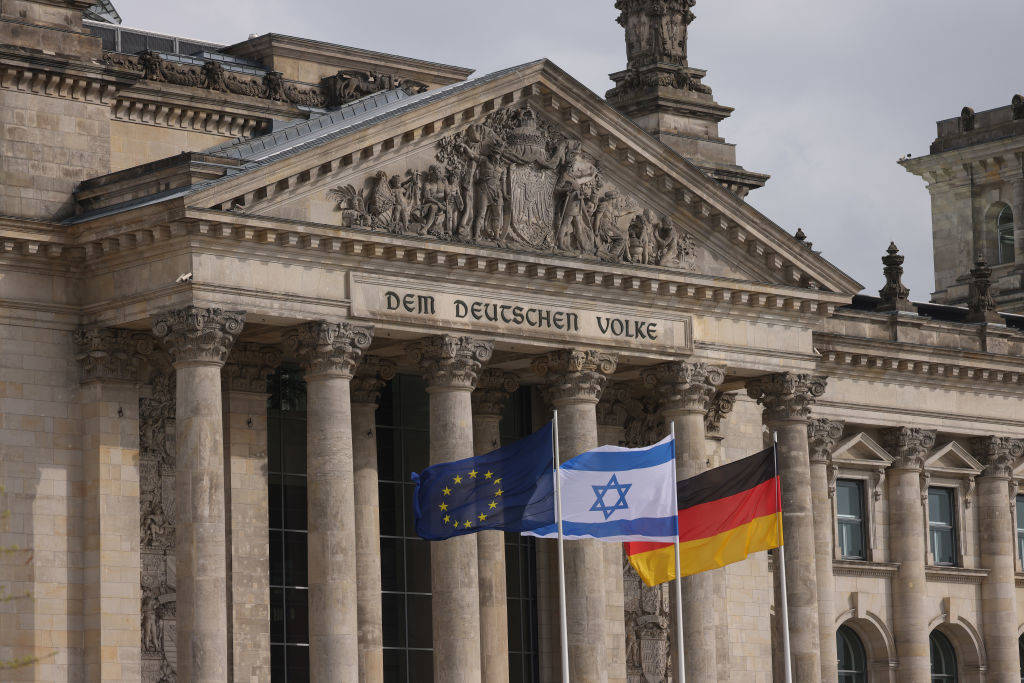
The ever-expanding Middle East crisis, was initially centered around the war in Gaza, but quickly spread to the West Bank, Lebanon, Syria, Yemen and Iran. These wars, and how to engage with them, have divided the Western world and they have also created tensions between citizens and their political leaders. In Europe, Germany is both one of the most influential states in shaping EU policy, but is also one of the states that is most ideologically committed to supporting Israel. How should we understand the German position, and does it have its limits? In a setting where EU's foreign policy is consensus-shaped, what does the German position do to the EU's ability to engage in the Middle East? How will ideological divisions within the EU states (rise of the right) impact upon consensus decision making within the EU on issues related to the Middle East?
To help us understand some of these questions, PRIO will host a morning seminar with Carsten Wieland. Wieland is a German diplomat, former senior UN consultant, Middle East, and conflict expert with high-ranking mediation experience. He served (2014-19) with three UN Special Envoys for Syria as Senior Expert for Intra-Syrian Talks and senior political advisor. Currently, he works as a Senior Policy Adviser for the Middle East, North Africa and South Asia in the Green Party Parliamentary Group in the German Bundestag.
The event will be chaired by Jørgen Jensehaugen, PRIO.

Carsten Wieland and Jørgen Jensehaugen. PRIO / Vera Lind





